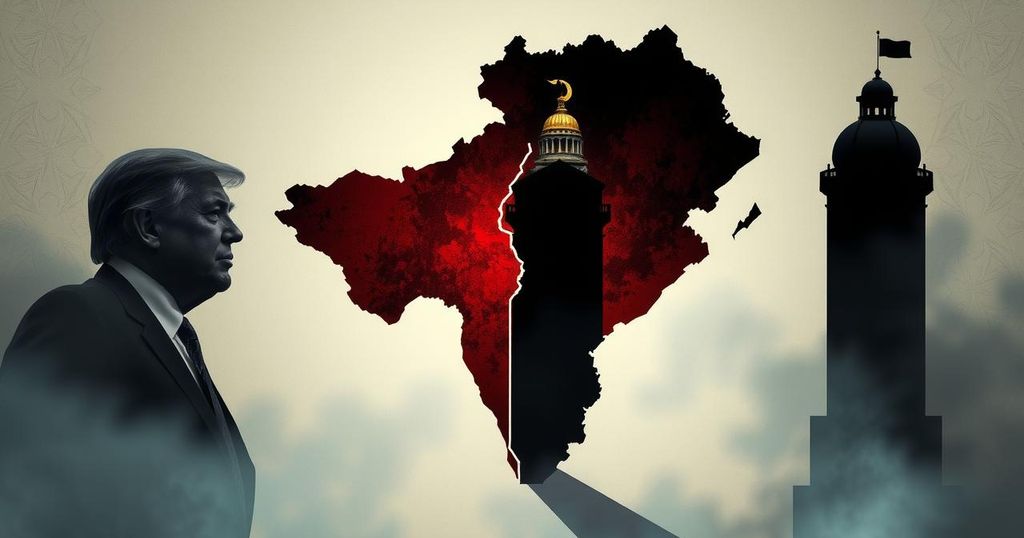The Rapid Support Forces in Sudan signed a political charter to create a rival government amid ongoing civil war. Critics see it as a dangerous move possibly leading to further fragmentation. Diplomatic tensions arise as Sudan’s government protests Kenya’s facilitation of the talks, which many view as a political miscalculation by President Ruto.
In a significant development amid ongoing turmoil, the Rapid Support Forces (R.S.F.), a paramilitary group engaged in Sudan’s devastating civil war, signed a political charter with allies, seeking to establish a rival government in territories under their control. This agreement, made in Nairobi, is purportedly aimed at fostering peace after nearly two years of conflict characterized by mass casualties and a severe famine. However, critics denounce this move as an audacious attempt by a group accused of genocide by the United States, which may further destabilize Sudan.
The charter’s signatories included a prominent member of the Sudan People’s Liberation Movement-North (S.P.L.M.-N.), which has recently aligned itself with the R.S.F. The immediate fallout from this agreement was diplomatic, as it led to heightened tensions between Sudan and Kenya. The Sudanese military-led government accused Kenya of engaging in “disgraceful” actions and subsequently recalled its ambassador from Nairobi in protest.
In response, Kenya’s officials stated their intent was solely to provide a platform for key Sudanese stakeholders to address the crisis and to prevent further descent into chaos. Yet, this diplomatic engagement has drawn considerable criticism, with many Kenyans labeling the discussions as a significant political misstep by President William Ruto, urging him to reassess his approach. The Kenyan chapter of the International Commission of Jurists condemned President Ruto, suggesting complicity in the mass atrocities inflicted upon the Sudanese populace.
The signing of the political charter by Sudan’s Rapid Support Forces poses significant implications for the country’s ongoing conflict and diplomatic relations in the region. While the R.S.F. claims to promote peace and stability, critics highlight the potential for increased fragmentation and violence within Sudan. The contentious nature of Kenya’s involvement in facilitating these discussions further complicates the already strained diplomatic landscape, underscoring the challenges surrounding this crisis.
Original Source: www.nytimes.com




